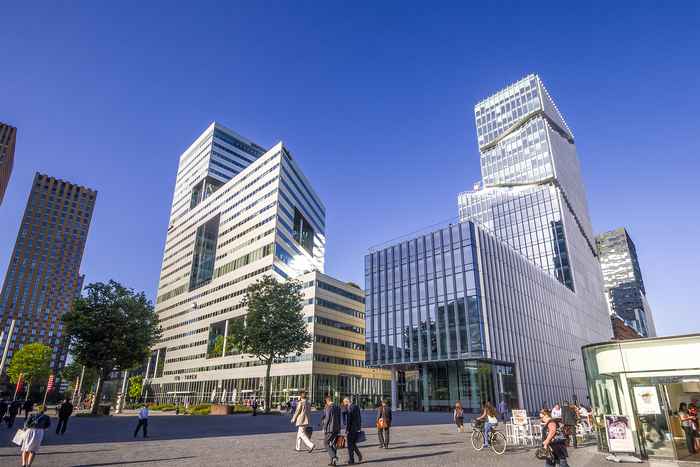Assessment shows ongoing deterioration of Dutch business climate
Business Climate Monitor 2024: tax climate, energy infrastructure, and unpredictable government policy are contributing factors
11 December 2024

The main bottlenecks are the energy infrastructure, the tax climate, facilitating legislation, and the lack of predictability of government policies. While the Netherlands remains part of the international forefront in terms of competitiveness and innovation capacity, a declining trend is also visible here.
All of these findings can be found in the Business Climate Monitor 2024. This research was conducted by SEO Amsterdam Economics and the Amsterdam Centre for Business Innovation (ACBI) at the University of Amsterdam (UvA). The report was commissioned by the Ministry of Economic Affairs.

The predictability of government policies was ranked the lowest among all 14 dimensions in our researchProf. Henk Volberda
‘This is the second consecutive year that the business climate assessment has declined. The average score in 2022 was 6.7 in 2022 and 6.4 in 2023,’ says Henk Volberda, Professor of Strategy & Innovation and Director of ACBI. ‘The most notable drops are in the ratings of energy infrastructure, tax climate, and supportive legislation. And the evaluation for the availability of talent has also decreased.’ This year, businesses were asked for the first time to assess the stability and predictability of government policies. ‘This dimension immediately ranked the lowest among all 14 dimensions in our research,’ Volberda notes.
Key Findings:
- Companies give the Dutch business climate an average score of 6.0.
- Ratings for energy infrastructure, talent availability, tax climate, and facilitating legislation show the sharpest declines.
- Legislation to facilitate the business climate and policy predictability are the main areas for improvement in the Dutch business climate.
- One in 5 companies is considering relocating activities abroad; for international companies, this rises to 1 in 3.
- The Netherlands remains among the global frontrunners, but shows a declining trend in recent years.
- While losing ground globally, the Netherlands retains its position more frequently within a group of 11 reference countries.
Volberda elaborates: ‘The labour market is historically tight, regulatory costs for businesses demonstrably rise every year, and grid congestion is hampering large parts of the country. This has likely led to lower ratings for talent availability, supportive legislation, and energy infrastructure. However, there are also positive outcomes. Schiphol and Rotterdam remain key logistical hubs, digital connectivity has significantly improved, and overall well-being has clearly increased over the past five years.’
About the Business Climate Monitor
The Business Climate Monitor was developed in 2023 by SEO and ACBI at the request of the Ministry of Economic Affairs. It provides a balanced and up-to-date overview of the opportunities and challenges businesses face as they strive to operate successfully in the Netherlands and contribute to economic growth and sustainable prosperity. The monitor assesses the business climate through 14 dimensions. These focus on company evaluations (micro), international rankings (macro), and factual indicators on current domestic themes (meso). The primary data collection (business survey) for this monitor took place between April and June 2024, coinciding with the end of the government formation period.